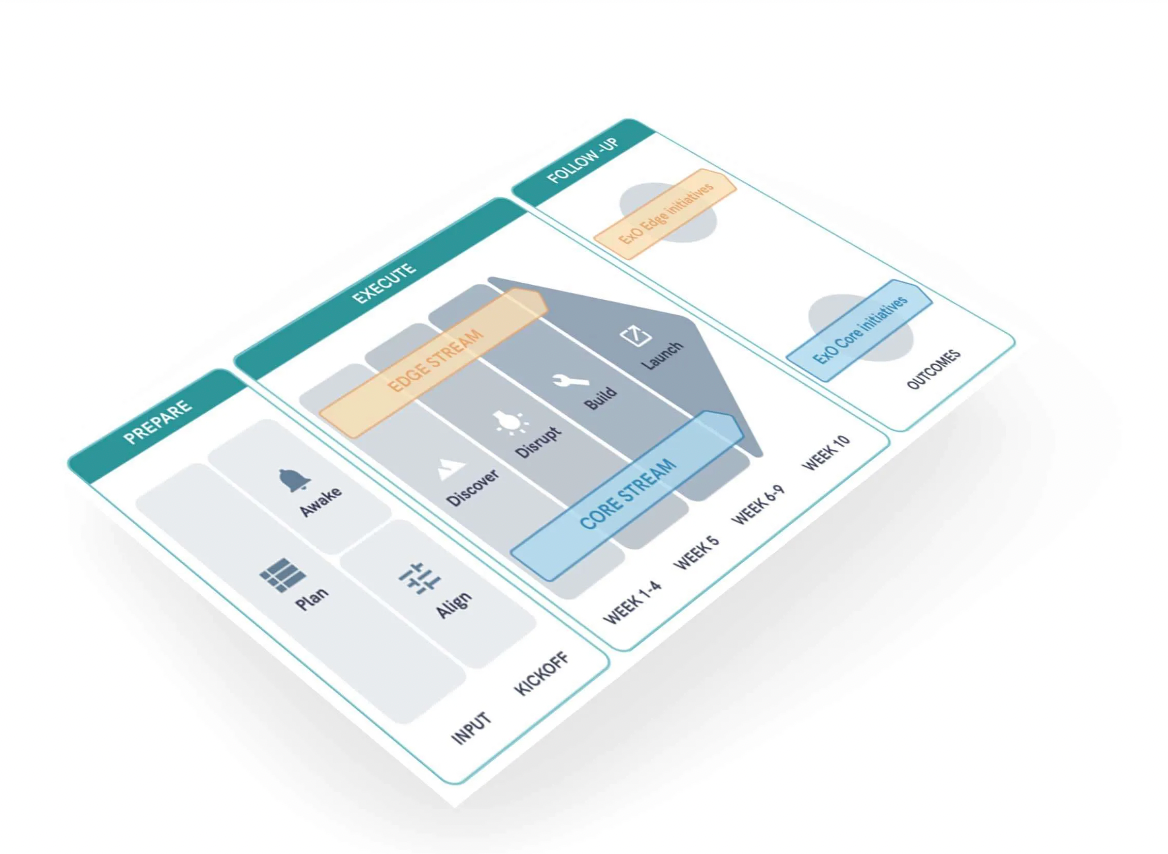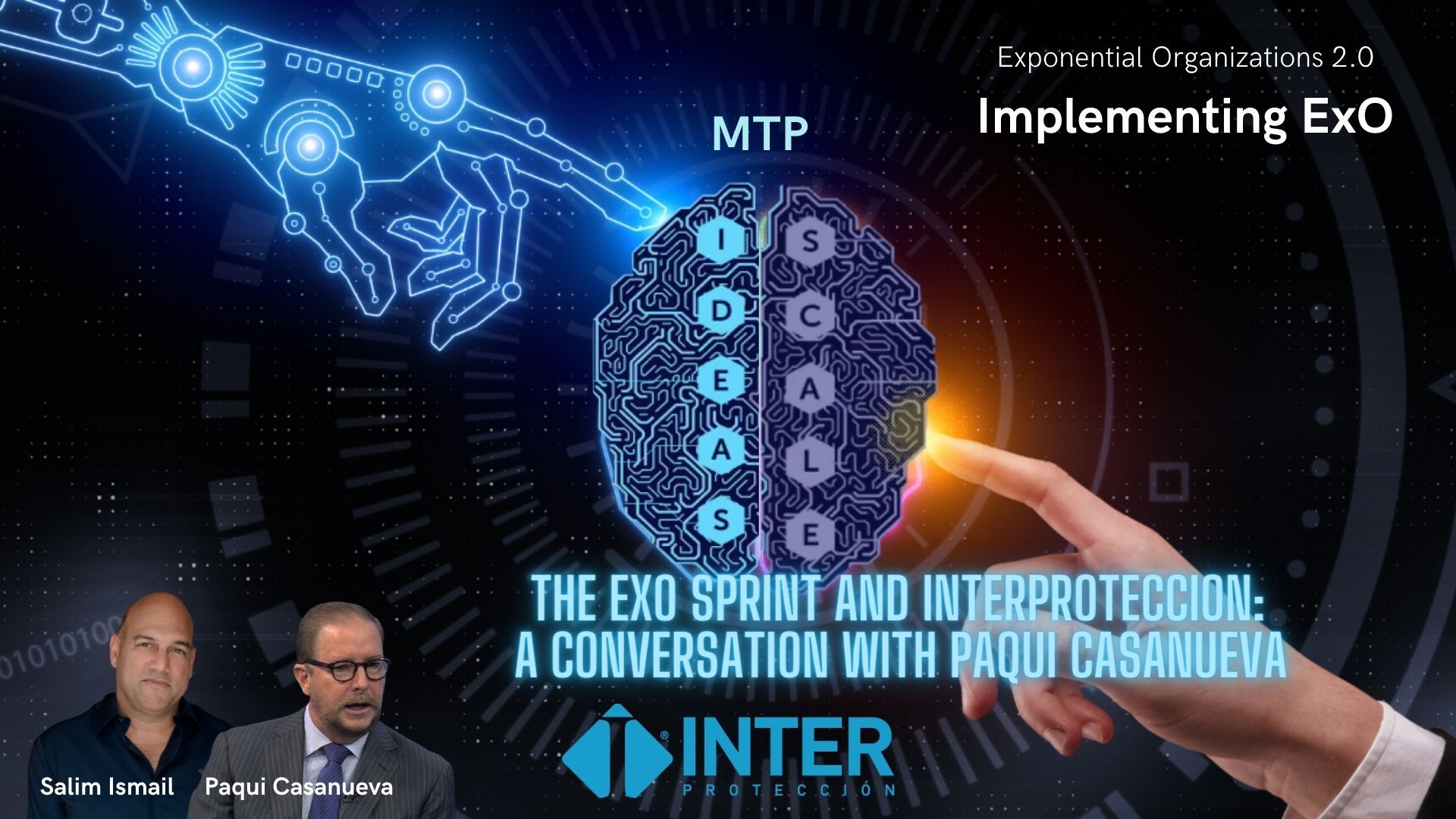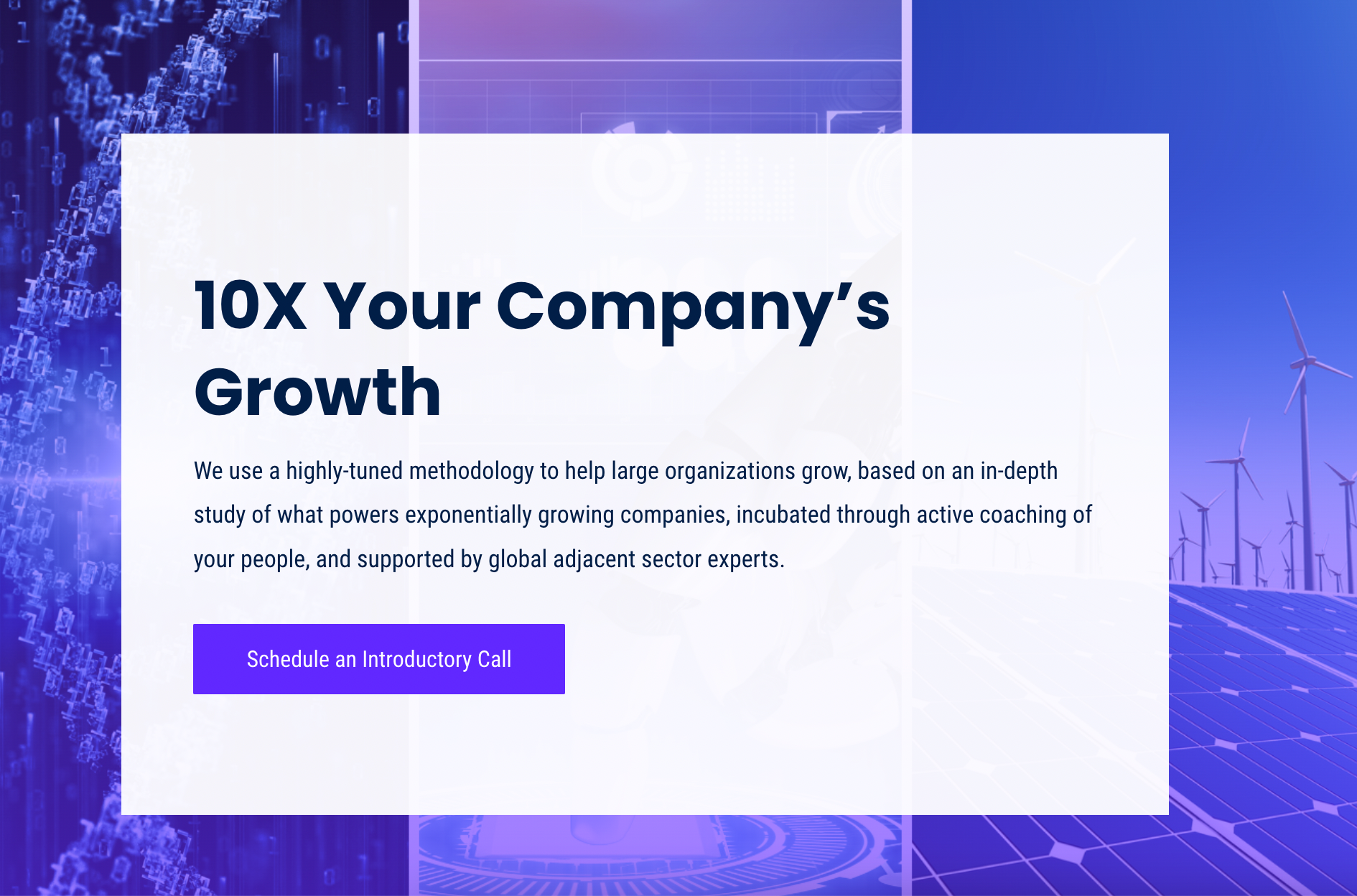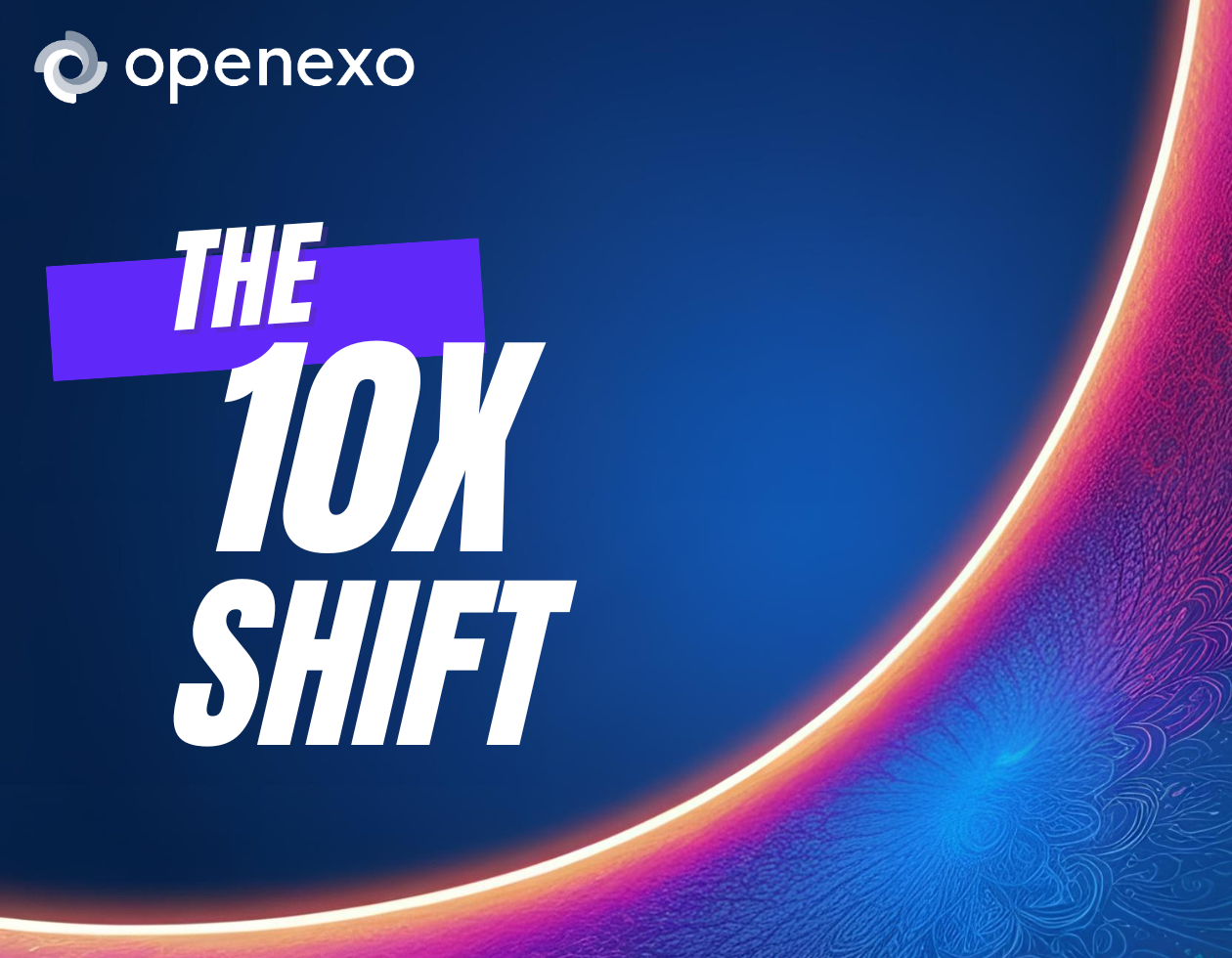
How You Can Give Your Digital Transformation Story a Happy Ending
Digital transformation is a necessary, yet challenging, process that is critical to companies remaining competitive in the current corporate landscape. Find out how your business can excel at it.
We are living in a world where the new motto in business is “disrupt or be disrupted.” There is a long list of household names that failed to adapt to change and have long since disappeared. Predictably, worldwide spending on digital transformation has grown 17.1 percent. The bad news is that 70 percent of those digital journeys to the promised land of Web 3.0 will end in failure too.
You could be forgiven for thinking that businesses are doomed if they do and doomed if they don’t, with emerging technologies such as blockchain, artificial intelligence, 3D printing, quantum computing, augmented, and virtual reality feeling overwhelming at first.
For example, INTERprotección is famous for insurance, bonds, and reinsurance brokerage in a very traditional market. But with the rise of insurtech, CEO Paqui Casanueva knew the importance of bringing in a team of outsiders with the radically different approach to help them succeed. After participating in an ExO Sprint, they doubled revenue and tripled profits in the 3 years since.
The ExO Sprint is a repeatable innovation process that enables organizations to adopt the same exponential attributes leveraged by some of the fastest-growing companies. By following the ExO Sprint playbook and proven methodology, these companies learn to act exponentially and be the disrupters rather than the disrupted.
One of the most valuable lessons INTERprotección learned early on in the Sprint was the value in the agile, lean methodologies that they were not accustomed to working with. By identifying the pain points that their clients were experiencing and attacking them directly, they were able to focus entirely on the customer experience and customer journey.
Successful businesses leverage the best of robots and humans rather than having all their eggs in one basket. INTERprotección, for example, achieved much of its success by playing to the strengths of both its employees and automation. By embracing, rather than fearing, technological change, the company also developed a chatbot on Facebook for customers to instantly order travel insurance.
"Our motto is that robots are coming to humanize people not to robotize them or take their jobs." - Paqui Casanueva
By freeing employees from repetitive and mundane tasks, INTERprotección was also able to help their teams focus on more value-add tasks. While technology took care of the tedious transactional work, the staff was free to focus on strategic tasks.
ExO Works Founder and Chairman, Salim Ismail, also believes that introducing automation can enable a business to increase capacity without shrinking the workforce.
What many fail to realize is that as we automate, we’re accomplishing more while enabling the workers to embrace digitization. Automation does not reduce jobs, it simply changes them. Changing the corporate culture of businesses and embedding a digital mindset is not as easy as it might seem. But your post-Sprint journey is much more about people than technology.
Tackling resistance to change head-on is crucial for businesses of all sizes. Like it or not, the long serving staff who are resistant to your continuous improvement efforts will have a ton of experience and institutional awareness that you really don't want to lose. The situation can easily be salvaged by merely investing in coaching and educating them on the importance of adjusting to a new digital mindset.
Despite the vast amounts of information at our fingertips, the truth is that nobody really knows what transformational change will look like for their industry. Business leaders do not know what to expect at the end of the ExO Sprint, and there isn't an MBA program that can teach you how to build the next Uber.
Furthermore, we are beginning to learn that although the sharing economy enables companies to scale fast, Uber and WeWork highlight that it doesn't guarantee profits. It's hardly surprising why so many innovation efforts are doomed to fail before they even begin.
Thomas Cook joined a long list of global brands such as Blockbuster Video, Kodak, Toys R Us, and Xerox that all failed to adapt to a digital world. What can we learn from this? The answer is that if you are not building a purpose-driven organization that scales, somebody else will. Then you'll be left behind.
The problem is that many teams focus their efforts in areas that are unproductive. Rather than wasting time on the creation of a physical environment that will be fit for innovation, why not focus your efforts on embedding a better company culture? For example, a workplace where every staff member across the entire organization feels they have the freedom to submit ideas and help their employer innovate faster.
Analysis paralysis will ensure that you get nowhere fast. Learning to overcome this is one of the many reasons why we are so proud of our proven success with our clients. Bringing everyone along for the ride and ensuring that they advance forward together with a shared vision is the secret sauce to post-ExO Sprint success.
OpenExO was founded in response to the growing need for organizations to adapt and transform. By carefully working alongside the Sprint, we ensure that our clients get to where they need to be. But this is just the beginning of their journey through uncharted digital waters.
If you would like to hear about the almost limitless set of options before, during, and after a Sprint, click here.


ExO Insight Newsletter
Join the newsletter to receive the latest updates in your inbox.










